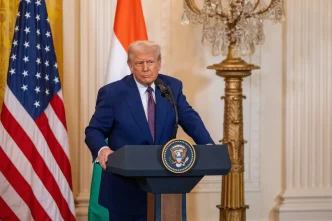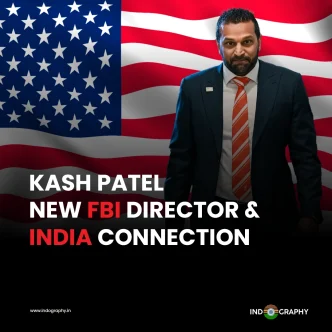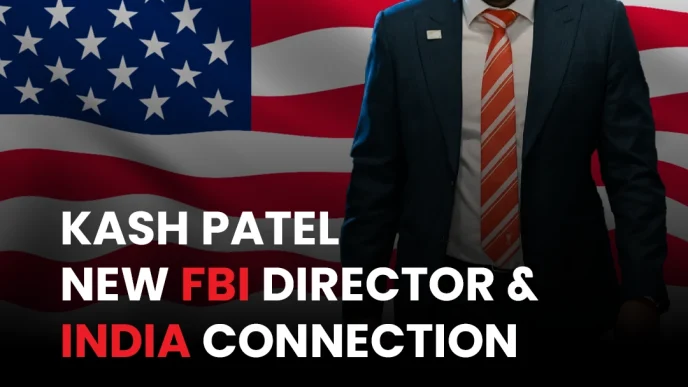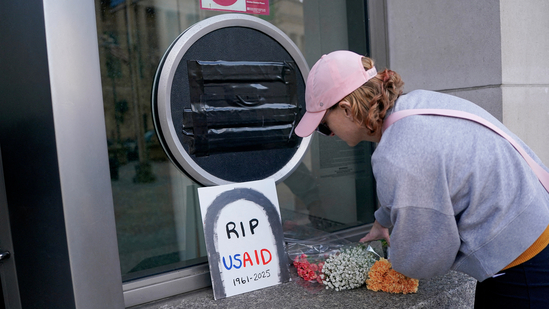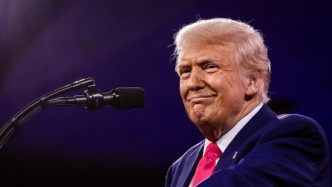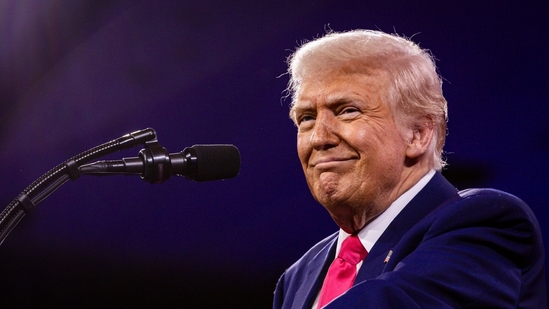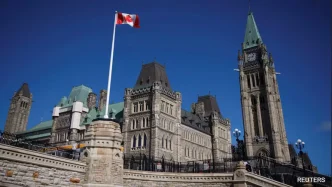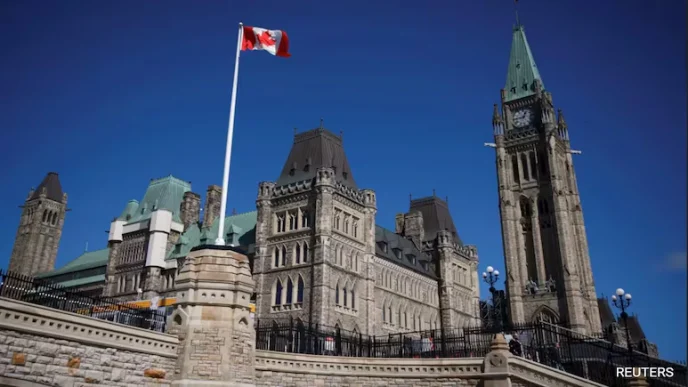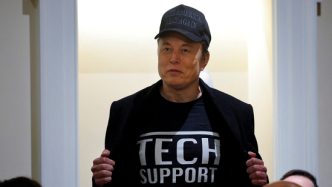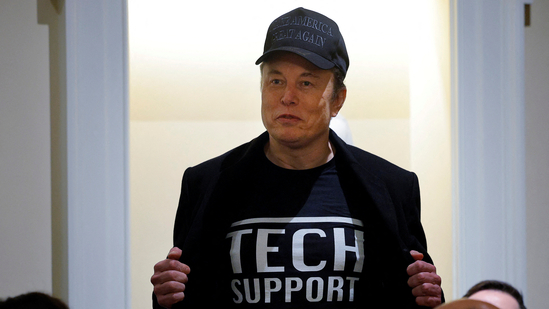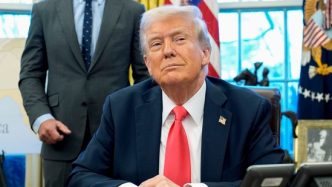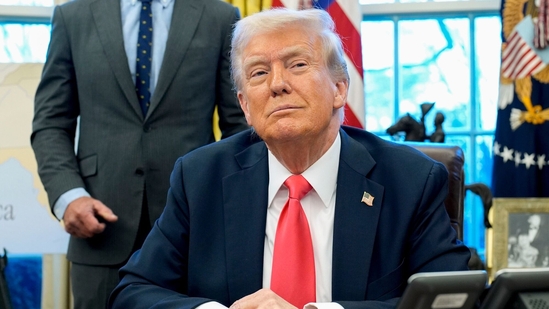Elon Musk was cautioned by President Donald Trump that he would not be amenable to the construction of a manufacturing plant in India by one of his primary advisors.
Last week, the Tesla CEO met with Indian Prime Minister Narendra Modi amid rumors that the country may reduce tariffs on imported cars, which could conceivably facilitate Tesla’s entry into the Indian market. According to reports from local media outlets, Tesla may enter the market in April by selling vehicles that are delivered from its factory in Germany.
Musk has refrained from visiting India thus far. The demand for high-tech cars such as Tesla, which were sold at a mere 100,000 units last year, is insufficient to justify local manufacturing and punitive duties that can double the cost of a premium-priced vehicle.
Trump, who only last week asserted that Musk was under strict control, stated, “If he constructs the factory in India, it is unjust to us.” “It is extremely unjust.”
Tesla did not respond to a request for comment from Fortune.
The Indian passenger-car market is still highly appealing on paper due to its youthful and expanding population. China and the United States were the only countries to sell more than 4 million passenger cars last year.
For the time being, Trump may be at ease. While Tesla’s market entry is imminent, it is probable that the company will initially test the waters by dipping its fingertips in. Reuters reported that sales showrooms are currently being established exclusively in Delhi and Mumbai, the political and financial capitals of the country.
Tesla’s expansion stagnates
It is considered highly unlikely that Tesla will establish a full-scale manufacturing facility. Since Musk expressed the necessity of expanding Tesla’s production network nearly two years ago, this has been the case.
Tesla declared at its investor day in March 2023 that it would commence construction of a factory in Mexico and likely designate a second new site by the conclusion of the year. As India became the subject of speculation, Delhi-based government officials engaged in confidential discussions to resolve the parameters of a local investment.
However, it became evident in 2023 that Tesla did not require any additional capacity as the enthusiasm for electric vehicles (EVs) swiftly diminished, a phenomenon that was partially attributable to the exorbitantly high interest rates. In October, Musk suspended the plans for Mexico, and a month later, he declined to attend a personal meeting with Modi that could have finalized the agreement.
Tesla experienced a modest yet significant decline in vehicle sales the subsequent year, which indicated that consumers were considerably more hesitant to make a purchase from Musk. Entry into India could offer a much-needed stimulus; however, it would be fraught with numerous complications.
India’s drawbacks
Historically, Western auto manufacturers have found India to be an exceedingly challenging market to penetrate. For instance, it is dominated by local brands such as industry leader Maruti, which currently holds a majority stake in Japan’s Suzuki Motors and controls more than 40% of the overall market. Foreign brands are in competition for the remaining third of the allotment that remains after domestic carmakers have taken their share.
Anand Mahindra of Mahindra Group appeared unconcerned when asked about Tesla’s potential threat. The chairman of the company that manufactures the Mahindra XUV 400 electric off-roader stated, “We have been subjected to comparable inquiries since the Indian economy’s liberalization in 1991.” “However, we continue to exist.”
The Tata Punch, a tiny, low-cost car that offers a minimum of in-car technology, creature comforts, and even safety features, is also in high demand. Following a government mandate, passenger-side airbags were only made mandatory three years ago.
The remaining factors are high import duties, non-tariff barriers, and poor roads, which are still prevalent outside of major cities such as Delhi and Mumbai. Consequently, Mercedes-Benz and BMW, which are premium brands, each sold fewer than 20,000 new cars in India last year.
“The tariffs in India make it extremely difficult to conduct business,” Trump stated last week. “They have the highest tariffs in the world.”
